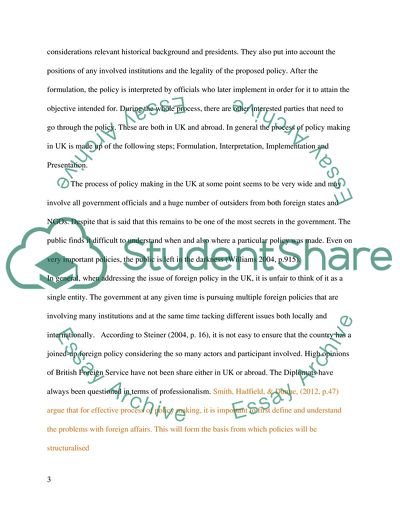Cite this document
(“Is British Foreign Policy mainly conducted by the Prime Minister Essay”, n.d.)
Is British Foreign Policy mainly conducted by the Prime Minister Essay. Retrieved from https://studentshare.org/social-science/1684374-is-british-foreign-policy-mainly-conducted-by-the-prime-minister
Is British Foreign Policy mainly conducted by the Prime Minister Essay. Retrieved from https://studentshare.org/social-science/1684374-is-british-foreign-policy-mainly-conducted-by-the-prime-minister
(Is British Foreign Policy Mainly Conducted by the Prime Minister Essay)
Is British Foreign Policy Mainly Conducted by the Prime Minister Essay. https://studentshare.org/social-science/1684374-is-british-foreign-policy-mainly-conducted-by-the-prime-minister.
Is British Foreign Policy Mainly Conducted by the Prime Minister Essay. https://studentshare.org/social-science/1684374-is-british-foreign-policy-mainly-conducted-by-the-prime-minister.
“Is British Foreign Policy Mainly Conducted by the Prime Minister Essay”, n.d. https://studentshare.org/social-science/1684374-is-british-foreign-policy-mainly-conducted-by-the-prime-minister.


